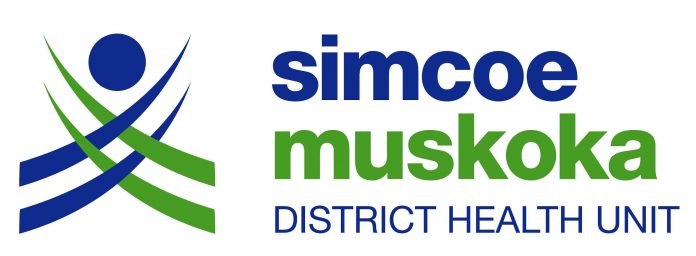The Simcoe Muskoka District Health Unit (SMDHU) has received notification from Public Health Ontario that two dead birds, one found in Oro-Medonte and one in Bracebridge, have tested positive for West Nile virus (WNv).
This is the first lab-confirmed evidence of WNv in Simcoe Muskoka this year. As of Aug. 4, no confirmed human cases of the mosquito-borne viral disease have been reported in Ontario in 2023.
WNv circulates between birds and some species of mosquitoes. The virus can be transmitted to humans by a mosquito bite if the mosquito has first bitten an infected bird.
“Finding these infected birds is a reminder that we all need to continue to take appropriate measures to protect ourselves against West Nile virus at this time of year,” says Ramien Sereshk, program coordinator of SMDHU’s Healthy Environment and Vector-Borne Diseases program. “The best way to protect yourself is to prevent mosquito bites.”
The risk of contracting WNv from an infected mosquito is highest in late summer. The health unit recommends the following personal protection measures:
Use an approved mosquito repellent, following the manufacturer’s instructions.
Wear light-coloured clothing and cover up in areas where mosquitoes are present.
Try to stay indoors when mosquitoes are most active (at dusk and dawn).
Although most people will not become sick if bitten by an infected mosquito, WNv can cause severe illness in some people. Symptoms of WNv include fever, muscle weakness, stiff neck, confusion, severe headache and a sudden sensitivity to light. In very rare cases, the virus may cause serious neurological illness. Those experiencing symptoms should seek medical advice.
The health unit will continue its surveillance for the virus throughout Simcoe Muskoka.
Anyone with concerns about a dead bird can contact the CWHC at 1-866-673-4781.
For more information about WNv visit smdhu.org or call Health Connection at 705-721-7520 or 1-877-721-7520, weekdays from 8:30 a.m. to 4:30 p.m.








